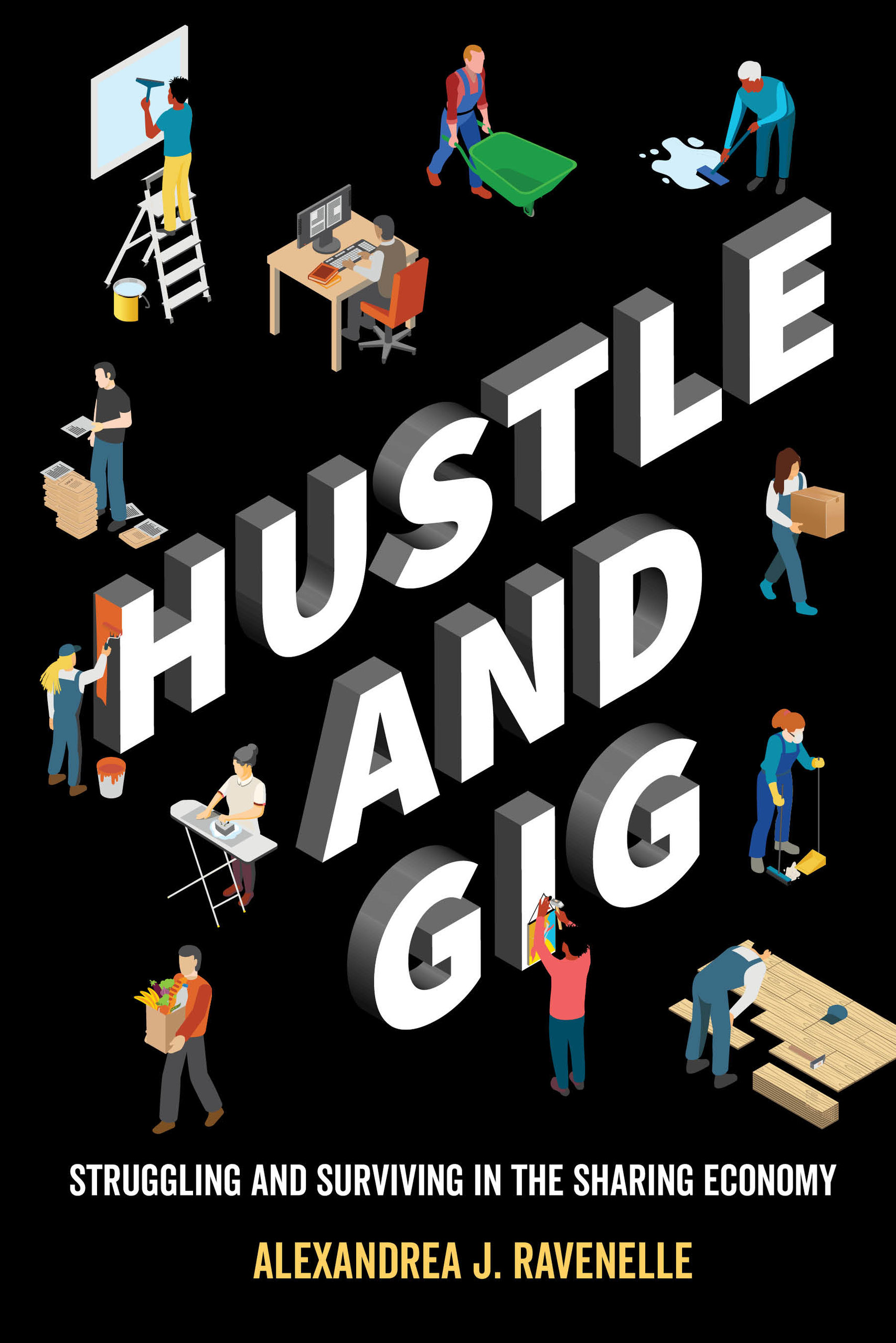
Jean Halley (Faculty)
Horse Crazy: Girls and the Lives of Horses (University of Georgia Press, 2019)
Horse Crazy explores the meaning behind the love between girls and horses. Jean O’Malley Halley, a self-professed “horse girl,” contends that this relationship and its cultural signifiers influence the manner in which young girls define their identity when it comes to gender. Halley examines how popular culture, including the “pony book” genre, uses horses to encourage conformity to gender norms but also insists that the loving relationship between a girl and a horse fundamentally challenges sexist and mainstream ideas of girlhood.
Horse Crazy looks at the relationships between girls and horses through the frameworks of Michel Foucault’s concepts of normalization and biopower, drawing conclusions about the way girls’ agency is both normalized and resistant to normalization. Segments of Halley’s own experiences with horses as a young girl, as well as experiences from the perspective of other girls, are sources for examination. “Horsey girls,” as she calls them, are girls who find a way to defy the expectations given to them by society-thinness, obsession with makeup and beauty, frailty-and gain the possibility of freedom in the process.
Drawing on Nicole Shukin’s uses of animal capital theories, Halley also explores the varied treatment of horses themselves as an example of the biopolitical use of nonhuman animals and the manipulation and exploitation of horse life. In so doing she engages with common ways we think and feel about animals and with the technologies of speciesism.




Recent Comments